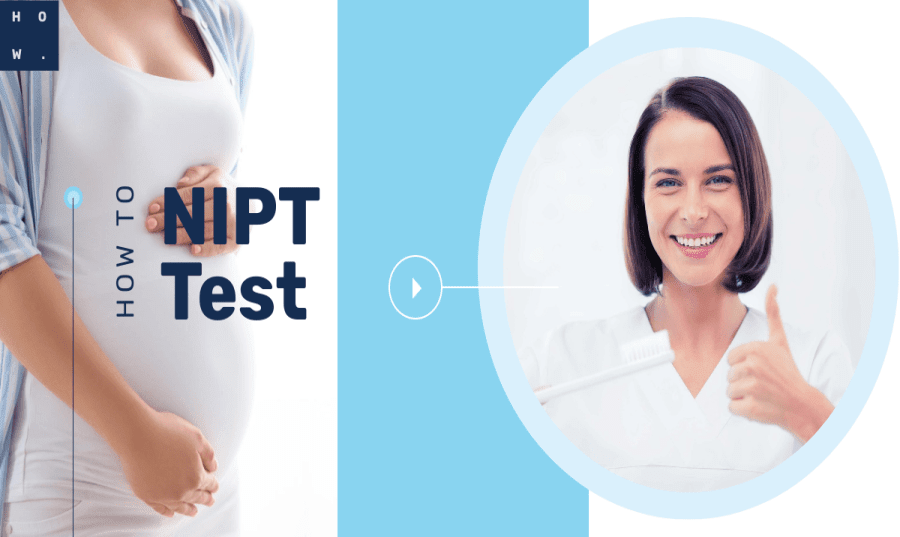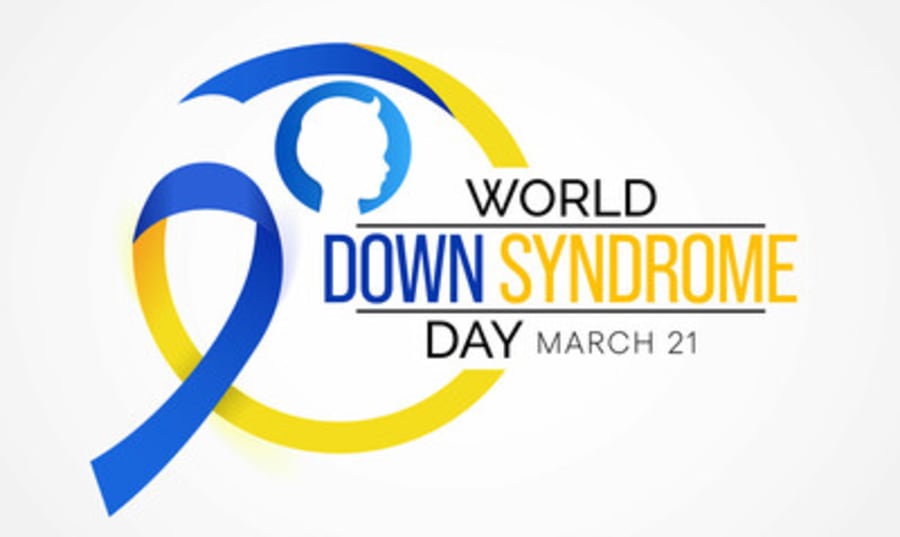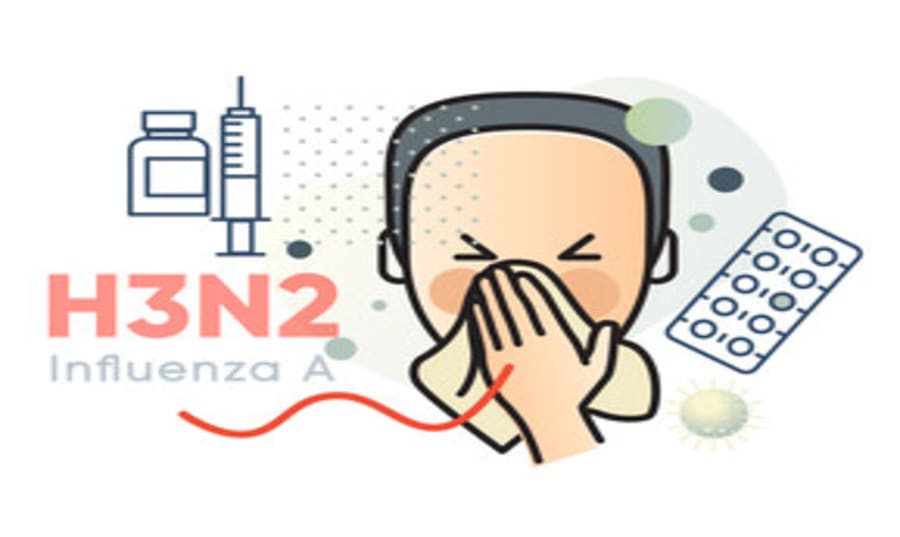NIPT Test Pregnancy
- 2 years ago
- 0 Comments
NIPT Test Pregnancy
Non-invasive prenatal testing (NIPT) is a type of genetic testing that can be done during pregnancy to screen for certain chromosomal abnormalities in a developing baby. NIPT is a blood test that is typically done after 10 weeks of pregnancy and can be used to screen for conditions such as Down syndrome, trisomy 18, and trisomy 13. It is called "non-invasive" because it does not involve any risk to the developing baby or the pregnant woman.
NIPT works by analyzing a small amount of the pregnant woman's blood to look for fragments of the baby's DNA. These fragments can be used to determine the baby's chromosomal makeup. NIPT is very accurate and is much safer than other types of prenatal testing, such as chorionic villus sampling (CVS) or amniocentesis, which involve taking a sample of the baby's tissue and carry a small risk of miscarriage.
NIPT is not a diagnostic test and cannot detect all chromosomal abnormalities or genetic conditions. If the NIPT results are positive for a chromosomal abnormality, further testing, such as CVS or amniocentesis, may be recommended to confirm the diagnosis. It is important to understand that NIPT is optional and the decision to have it is a personal one. It is a good idea to discuss the risks and benefits of NIPT with your healthcare provider and a genetic counselor before making a decision.
What is the Non-invasive Prenatal test (NIPT)?
The non-invasive prenatal test (NIPT) is a very accurate test. These tests are used to see if your baby has a high chance of a genetic health condition. These conditions include Down syndrome and other chromosomal differences. The NIPT involves a simple blood test that is done in the first trimester of pregnancy.
There are different kinds of prenatal testing available to check the health of your baby. It's your choice if you would like to have these tests. Talk about your options with your doctor or genetic counsellor and give yourself some time to make your decision.
What does NIPT test for?
The NIPT is a safe and very effective way of screening for certain conditions. These include:
- Down syndrome (also called trisomy 21)
- Edwards syndrome (trisomy 18)
- Patau syndrome (trisomy 13)
Should I have a NIPT?
The NIPT is very sensitive. It picks up more than 99% of cases of Down syndrome. But it is a screening test rather than a diagnostic test.
It can tell you whether there is an increased chance of having a baby with a genetic condition. It doesn't give you a definitive answer. For some parents, information from screening tests can help them decide whether to have diagnostic testing.
How accurate are NIPT tests?
The accuracy of the test varies by the condition that it's checked for. Other factors — like being pregnant with multiples, being a surrogate or having obesity — can affect NIPT results.
NIPT is about 99% accurate in detecting Down syndrome. The test is slightly less accurate for detecting trisomy 18 and 13. Overall, NIPT tests produce fewer false positives than other prenatal screenings like the quad screen.






Leave Comment